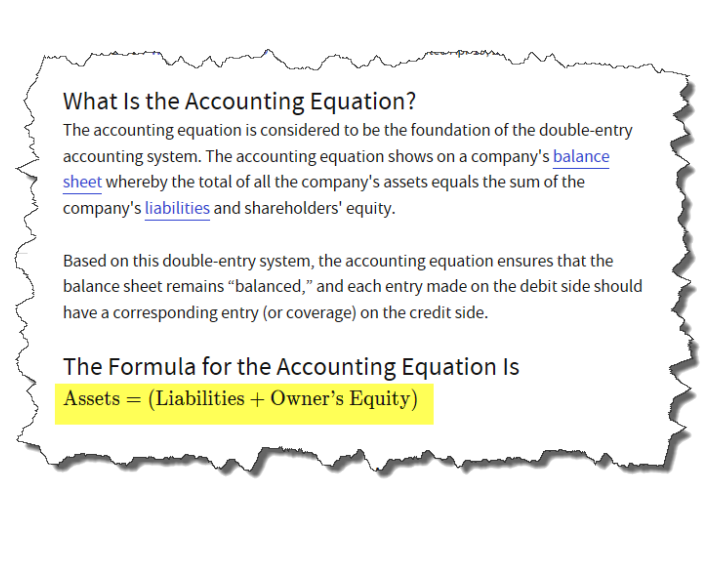| A rule (a.k.a. assertion) is a type of statement which specifies a permissible manipulation within a structure within a model for a theory. Rules guide, control, suggest, or influence behaviour. Rules cause things to happen, prevent things from happening, or suggest that it might be a good idea if something did or did not happen. Rules help shape judgment, help make decisions, help evaluate, help shape behaviour, and help reach conclusions. |
| Rule and Assertion are synonyms. There are three categories of rules: Axioms, Theorems, and Restrictions. An axiom is a statement which describes a self-evident logical principle related to a universe of discourse that no one would argue with or otherwise dispute. A theorem is a statement which makes a logical deduction which can be proven by constructing a chain of reasoning by applying axioms or other theorems in the form of IF. . . THEN statements. A restriction is a statement that is a special type of axiom or theorem imposed by some authority which restricts, constrains, limits, or imposes some range. |

